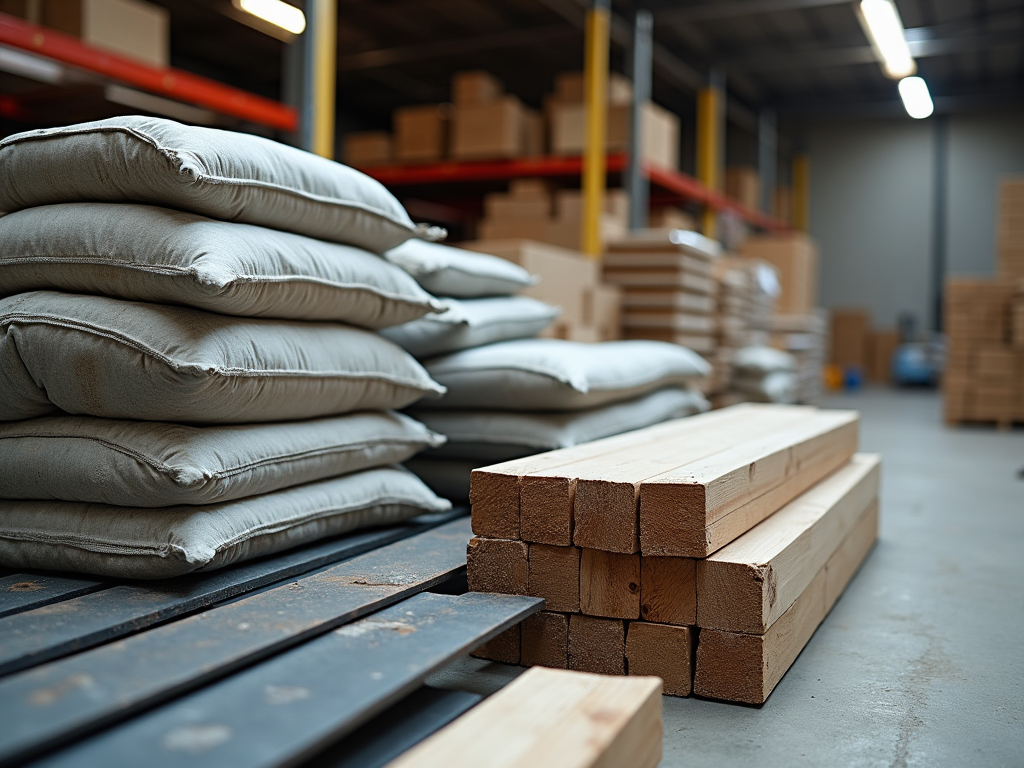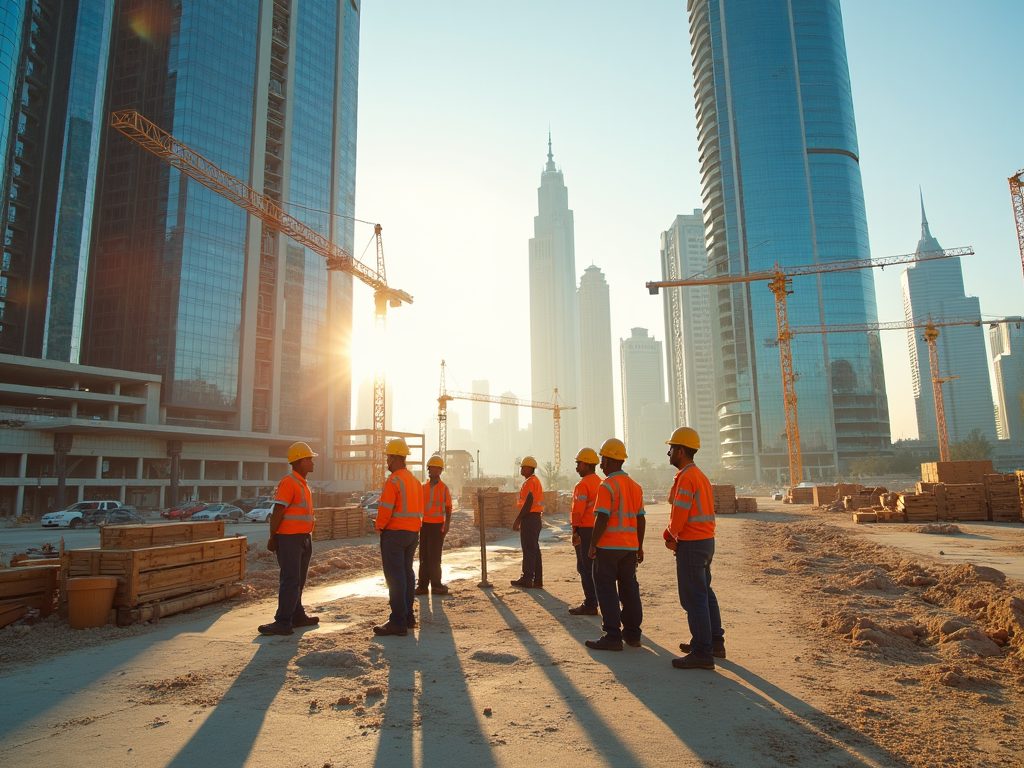Building materials trading in Dubai represents a booming sector fueled by the city’s rapid development and ambitious infrastructure projects. The Dubai construction market is characterized by a consistent demand for a diverse range of materials, making it a lucrative area for trade. Understanding the landscape of this business is essential for professionals and investors looking to capitalize on opportunities within this vibrant market. This article explores essential insights into building materials trading in Dubai, including market trends, types of materials, regulatory considerations, and strategic approaches for success.
Market Trends Influencing Building Materials Trading

The building materials trade in Dubai is shaped by various trends driven by economic growth, population influx, and regulatory reforms. Notably, the construction sector has seen significant investment due to large-scale projects like Expo 2020 and Dubai’s Vision 2040, which aim to enhance urban infrastructure. These initiatives create an ever-expanding marketplace for suppliers and traders. Furthermore, sustainability is becoming a large focus, pushing businesses to consider eco-friendly materials and practices.
The demand for high-performance materials, including durable and lightweight options, is on the rise. This trend represents a shift towards innovation, with companies seeking advanced solutions such as prefabricated modules and recycled materials. As the construction landscape evolves, understanding these trends becomes crucial for stakeholders aiming to remain competitive in this dynamic environment.
Dubai’s construction industry requires a wide range of building materials, each serving unique purposes in various projects. Key categories include:
- Cement and Concrete: The backbone of construction, used in foundations, structures, and pavements.
- Steel: Essential for reinforcement, steel is used in beams, columns, and other structural components.
- Wood and Timber Products: Used in both structural and aesthetic applications in residential and commercial projects.
- Glass: In high demand for facades, windows, and interior design, contributing to aesthetic appeal and energy efficiency.
- Insulation Materials: Critical for energy-saving measures, these materials enhance comfort and sustainability in buildings.
Understanding the types of materials in demand can help traders align their offerings with market needs, ensuring they cater to specific project requirements.
Regulatory Framework for Building Materials Trading

In Dubai, the regulatory landscape significantly influences building materials trading, encompassing various compliance requirements and certifications. The Dubai Municipality has established guidelines aimed at ensuring quality and safety standards in construction. Traders must navigate these regulations to secure permits and certifications for the materials they supply.
Additionally, compliance with sustainability initiatives is gaining prominence as Dubai aims to enhance its environmental performance. This involves adhering to local codes for energy efficiency, waste reduction, and sustainable sourcing of materials. Understanding these regulations is crucial for businesses to avoid penalties and ensure their products are market-ready.
Strategies for Successful Trading in Dubai
To thrive in Dubai’s competitive building materials trading market, adopting a strategic approach is essential. Here are several strategies that can enhance business performance:
- Market Research: Continuously monitor market trends, emerging materials, and competitor activities.
- Networking: Build strong connections with construction companies, architects, and other stakeholders in the industry.
- Diversify Product Range: Offer a wide array of materials to cater to various projects and preferences.
- Online Presence: Invest in a robust online platform to showcase products, make sales, and stay connected with clients.
- Focus on Quality: Ensure that all materials meet local standards and international quality norms to build trust with clients.
By implementing these strategies, traders can enhance their presence in the market, attract new clients, and establish long-lasting relationships.
Conclusion
Building materials trading in Dubai presents vast opportunities driven by a booming construction sector and evolving market demands. Understanding market trends, the regulatory environment, and effective trading strategies can significantly enhance business prospects for traders in this dynamic landscape. As Dubai continues to grow, building materials suppliers equipped with the right knowledge and tools will thrive amidst the challenges and opportunities present in this vibrant market.
Frequently Asked Questions
1. What types of building materials are most traded in Dubai?
The most commonly traded building materials in Dubai include cement, steel, glass, insulation materials, and timber products. These materials cater to the diverse needs of the construction sector.
2. How does sustainability impact building materials trading in Dubai?
Sustainability is increasingly important in Dubai, driving demand for eco-friendly and energy-efficient materials. Traders who offer sustainable solutions are more likely to attract modern builders and developers.
3. What role does regulation play in building materials trading?
Regulation ensures that all building materials meet safety and quality standards. Companies must comply with local laws and obtain necessary certifications to operate in the Dubai market effectively.
4. Is it necessary to have an online presence for building materials trading?
An online presence is crucial in today’s digital age, allowing traders to reach a wider audience, showcase their products, and facilitate sales effectively.
5. What are key strategies for success in the Dubai building materials market?
Successful strategies include engaging in market research, building strong networks, diversifying product offerings, focusing on quality, and maintaining an active online presence.
